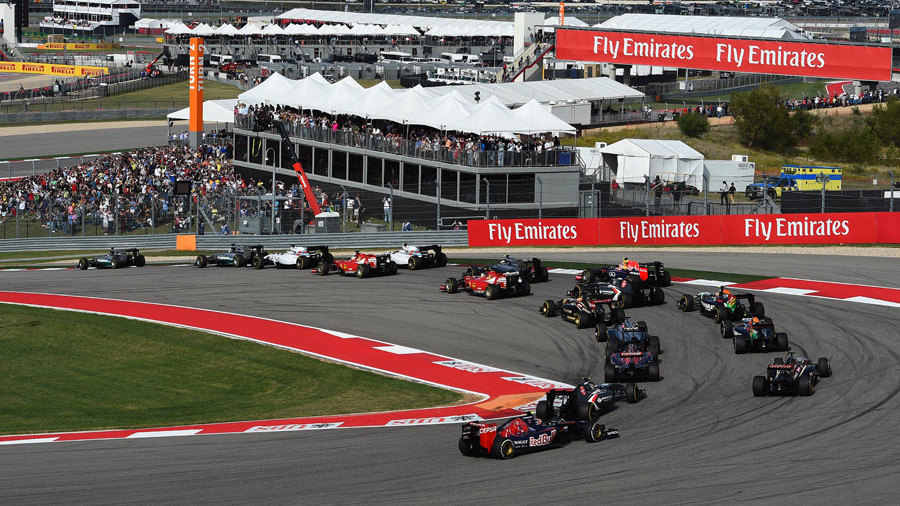- McLaren
F1 must look after small teams - Dennis

McLaren boss Ron Dennis has called on Formula One to look after its small teams, but has warned against making 'knee-jerk' changes to the regulations to do so.
F1's two smallest teams, Marussia and Caterham, went into administration towards the end of the season as they struggled to manage the costs of competing in the sport. The loss of the two teams has generated debate over how to make F1 more sustainable, with a meeting called on Thursday to try to get teams to agree on a strategy.
Although the division of the sport's revenues remains a prickly subject among the smaller teams, Red Bull has pointed to the costs of the new high-tech, hybrid power units as the root of the problem. Team boss Christian Horner has called on F1 to revert to more simple engine technologies in 2016 - a suggestion backed by Bernie Ecclestone - but Dennis believes further changes will only increase costs.
"All I can say is that things do need changing in some areas, but certainly not at this moment in terms of regulations," he said. "Nothing is more certain than that if you leave the regulations alone costs will go down and performance will equalise. We mustn't knee-jerk into changes that effectively change the nature of Formula One."
Dennis has made clear that he does not see three-car teams or customer teams as a solution and believes F1 should consider how it will look after small teams in the future.
"Formula One is a collective, there is no question. It's almost like a circus that moves around the world and everybody knows each other and they just keep reappearing in principle every two weeks over nine months of the year. Of course we are all fiercely competitive, but equally we look after each other. This situation is complex.
"Everybody who gets into F1 has to decide whether they will compete or be competitive and that financial dynamic is very different because it's four times more expensive to be competitive than it is to compete. Inevitably competing teams make more or less the same mistake and they stretch too far to be competitive and they put themselves in financial difficulties.
"How can we help? We can help by varying the future in respect to the present. You can't immediately fix someone's problems but what we can try to do is contribute, because it functions as a collective, the regulations are structured like a collective and you have to work towards making these sorts of things non repetitive. I have phenomenally detailed views inevitably - that is the nature of my character - and this is a subject that is totally oversimplified by and large when it's discussed."
However, Dennis believes new teams coming in to the sport have to carefully analyse whether they are capable of competing before lining up on the grid.
"It's simple, no-one forces you into Formula One, you enter Formula One with your eyes open and there are plenty of regulations in terms of technical, sporting and of course the commercial aspect of it. They are all there for everybody to understand and if you are in, you are in. You have got to come to terms with the challenge and at the same time there is nothing mysterious about it - you know what you are getting in to."